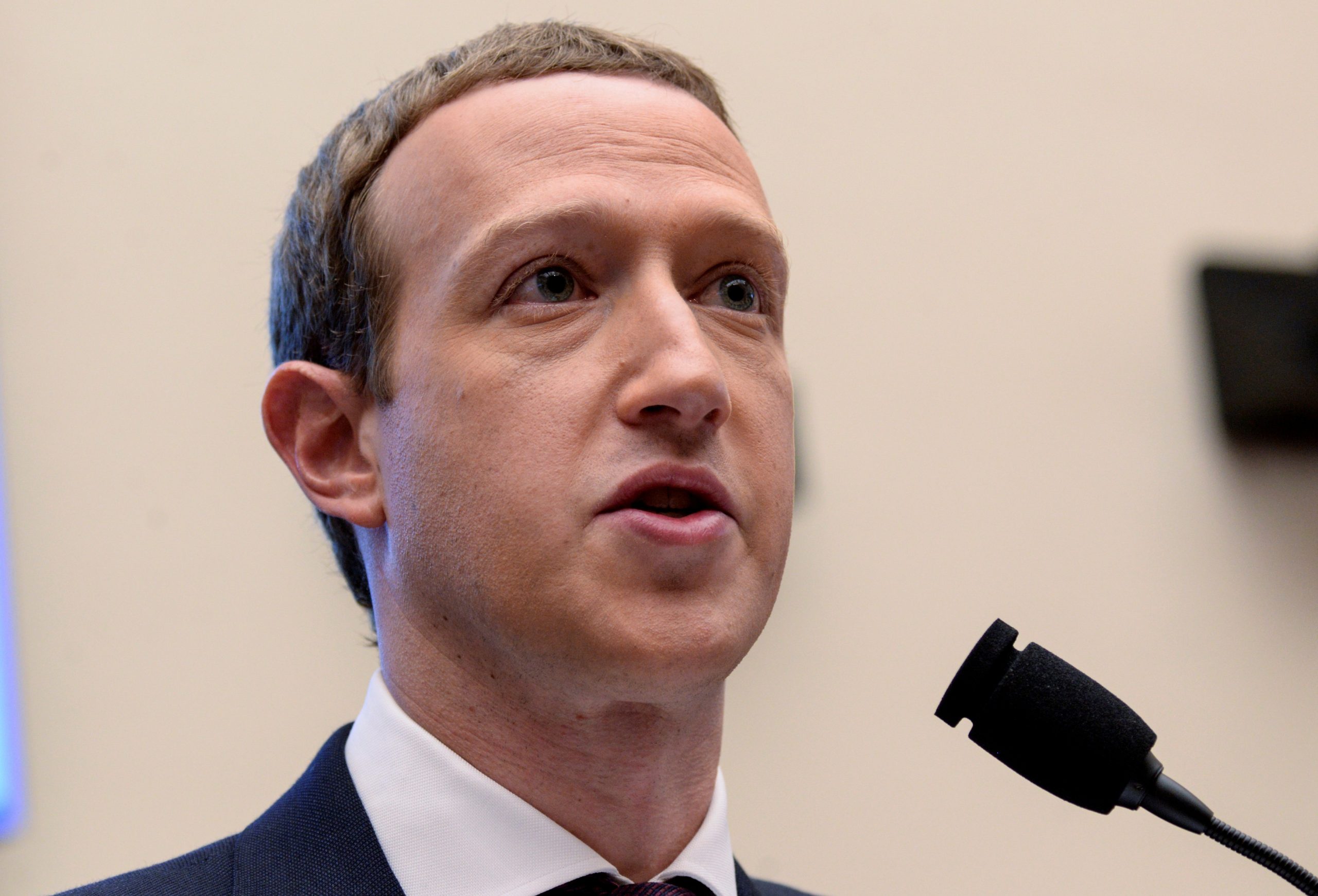WASHINGTON— Meta Platforms Chief Executive Mark Zuckerberg said it was improper for the Biden administration to have pressured Facebook to censor content in 2021 related to the coronavirus pandemic, vowing that the social-media giant would reject any such future efforts.
Zuckerberg also said he didn’t plan to repeat efforts to fund nonprofits to assist in state election efforts, a Covid-era push that had drawn Republican criticism and sparked many Republican-leaning states to ban the practice.
In a letter to House Judiciary Committee Chairman Jim Jordan (R., Ohio) that touched on a series of controversies, Zuckerberg wrote that senior Biden administration officials, including from the White House, had “repeatedly pressured our teams for months to censor certain COVID-19 content, including humor and satire, and expressed a lot of frustration with our teams when we didn’t agree.”
At the time, Facebook’s publicly stated goal was to push millions of people toward Covid-19 vaccines . In his letter, Zuckerberg didn’t indicate whether he had changed his mind about that goal or whether he simply felt that the Biden administration had gone too far. The Wall Street Journal reported in 2023 about debates between the company and the White House over Covid-related content, including humorous or satirical posts.
Zuckerberg said that he believed the pressure from the administration “was wrong, and I regret that we were not more outspoken about it.” He said that the company had “made some choices that, with the benefit of hindsight and new information, we wouldn’t make today,” and that “I feel strongly that we should not compromise our content standards due to pressure from any administration in either direction—and we’re ready to push back if something like this happens again.”
A Meta spokesman said the letter speaks for itself. A White House spokeswoman said the administration “encouraged responsible actions to protect public health and safety” amid the pandemic. “Our position has been clear and consistent: we believe tech companies and other private actors should take into account the effects their actions have on the American people, while making independent choices about the information they present.”
The Journal has previously reported that administration officials feared at the time that many Americans were hesitant to get vaccines because of false information they saw on Facebook.
Zuckerberg also made clear he didn’t plan to repeat heavy spending on election access. The billionaire Facebook founder and his wife, Priscilla Chan , donated more than $400 million to nonprofits to help conduct elections during the 2020 coronavirus pandemic.
While many localities said the money was a lifeline helping them register voters, set up socially-distanced voting booths and provide equipment to sort mail-in ballots, among other uses, Republicans said that the money, which they dubbed “Zuckerbucks,” unfairly benefited Democratic areas. More than two dozen mostly Republican-leaning states have now banned, limited or regulated the use of private funds to manage elections, according to the National Conference of State Legislatures.
“Despite the analysis I’ve seen showing otherwise, I know that some people believe this work benefited one party over the other,” Zuckerberg wrote. “My goal is to be neutral and not play a role one way or another—or to even appear to be playing a role. So I don’t plan on making a similar contribution this cycle.”
Jordan has been targeting tech giants in general and Zuckerberg in particular over what he alleges is censoring of conservative views. Last year, he threatened a vote on holding Zuckerberg in contempt over failing to turn over internal company documents. That document request was connected to decisions by Meta, the owner of Facebook and Instagram, over when and whether to ban accounts or suppress posts.
Republicans had alleged that the company’s content-moderation decisions effectively censored information that was meaningful to Republicans. Many Democrats see social-media companies as too lax in fighting what they view as hate speech and other harmful content.
In his letter to Jordan, Zuckerberg said that Meta “shouldn’t have demoted” a New York Post story about President Biden’s son Hunter Biden ahead of the 2020 election. The Post said at the time that its reporting was based on email exchanges between the two Bidens that were provided by allies of President Donald Trump , who in turn said they received them from a computer-repair person who found them on a laptop. At the time, dozens of former intelligence officials signed a letter that then-candidate Biden cited in a presidential debate saying that the release of the emails had “all the classic earmarks of a Russian information operation.”
“It’s since been made clear that the reporting was not Russian disinformation, and in retrospect, we shouldn’t have demoted the story,” Zuckerberg wrote.
In a social-media post, Jordan said that that the letter was a “big win for free speech.”
The Supreme Court in June rejected a lawsuit filed by two GOP-led states alleging that Biden administration officials unlawfully pressured social-media platforms to remove content flagged as disinformation. The court ruled that neither the states, nor the several individuals who also sued, could show that restriction of their speech online was a result of pressure from government officials on social-media companies.
Write to Siobhan Hughes at Siobhan.hughes@wsj.com



